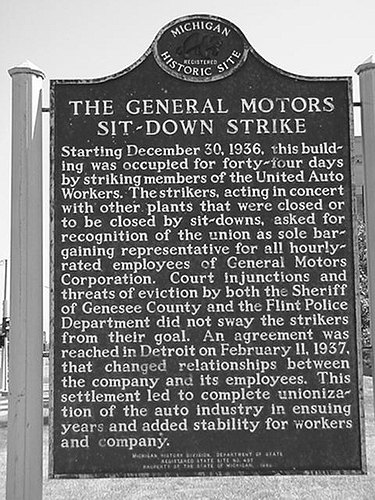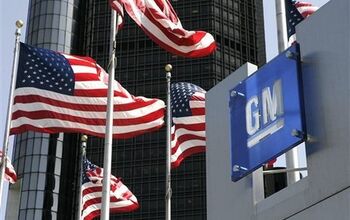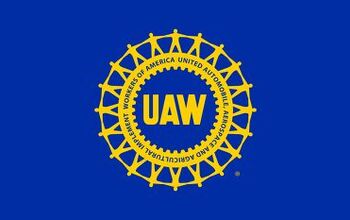GM's 100-Year Anniversary to Remember Pt. 2: Wiki-Pissa!
As TTAC proves on an ongoing basis, General Motors is a company that has struggled mightily to adjust to the Internet Age. Now, GM is trying to embrace the open-source future by recruiting a few good webizens to wikify its long and tumultuous path. Needless to say, there’s many a slip ‘twixt PR dependence and Web 2.0. The “ Generations of GM wik i” is hosted on GMNext.com, which requires registration and serves largely as an organ of GM PR. Accordingly, when you attempt to write an article, you have to slot it into one of several unmodifiable “chapters”: “Creation” (1897-1909), “Acceleration” (1910-1930), “Emotion” (1931-1958), “Revolution” (1959-1981), “Globalization” (1982-1999) and “Transformation” (2000-present). Though there are all too many bones to be picked with this rose-hued historical categorization, the fact that “Transformation” (2000-present) is represented by an image of the Volt concept car tells you everything you need to know. Couldn’t they at least have used the Camaro from “Tranformers” to complete their metaphorical whitewash of the last eight years? Anyway, there enough “rules to the road” for the Generations of GM wiki to ensure little more than a steady trickle of mild-mannered personal recollections. And since you have to submit articles by email for careful PR-flack screening, it’s not even a proper wiki anyway. Do you have an article on the history of GM that was denied by GMNExt? We’re not a wiki, but send it in because we might just run it anyway… as long as it’s exactly 800 words.
More by Edward Niedermeyer


































Comments
Join the conversation
Obfuscation (2005-2007) Evisceration (2008) Nationalization (2009) Liquidation (??)
Cicero shoots... HE SCORES! Best post this month.
The sign pictured says "This settlement led to complete unionization of the auto industry in ensuing years and added stability for workers and company." How did recognizing the UAW "add stability" for GM? Oh, right. The company got back the ability to use its property. Like a corner market gets stability by making weekly payments to Tony Soprano's wise guys. Also, the sign should add "until competition broke the D3 oligopoly and made it impossible for them to sell their cars at prices that covered their costs."